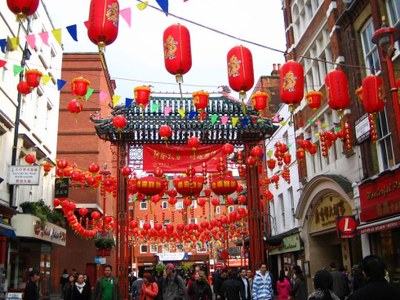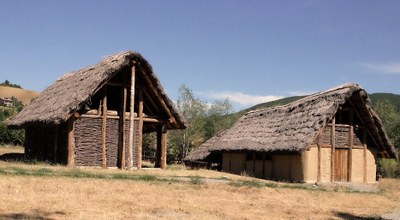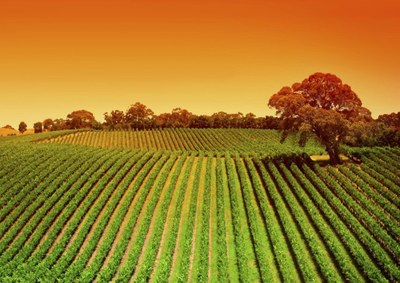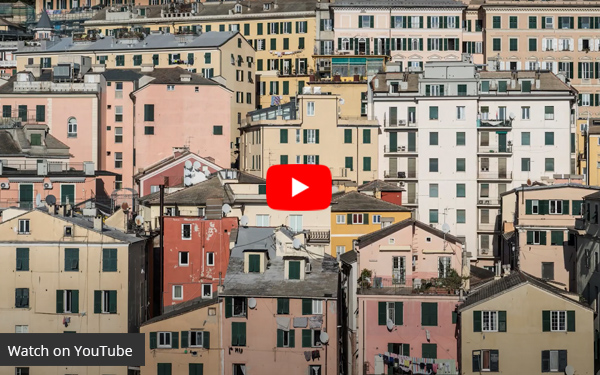When was the Advanced School of City and Territorial Studies established? What are its origins and goals?
The Advanced School was established in 1999 under a different name (Advanced School for the Organisation of the Historic City, the Territory and their Models of Representation). In 2005 it took on its current name, which is undoubtedly a more effective and direct identifier to communicate its goals: the study of the two aspects that we could define as fundamental to ancient, modern and contemporary culture, namely the urban form and land management.
The themes are strongly interrelated - every city appropriates and manages a territory - and should be analysed based on different historical epochs: from the oldest antiquity (as early as the Neolithic age, Man decided to aggregate in 'proto-urban' forms) to modern megalopolises (which re-propose archaic divisions into homogeneous neighbourhoods - think of the various Chinatowns and Little Italys).
 How is the School structured and what research areas is it involved with?
How is the School structured and what research areas is it involved with?
The School was created as a multidisciplinary body: the real strength of a research group is the plurality of viewpoints and a regular exchange between researchers. The School encompasses the historical-archaeological sector, which represents our common ancient origins, as well as the architectural and engineering sectors, biological sciences, and chemical sciences, which represent our “window” onto modernity and contemporaneity. The medical sector, which has recently been activated in Ravenna, will also join the Advanced School shortly.
In order to better represent our desire for a different “point of view”, we have chosen a photo of Pompeii for the homepage of the new website: this is a site known to all, a world heritage site, but few know it from the point of view of a modern urban periphery.
 How many researchers are there?
How many researchers are there?
The School welcomes delegates from its constituent departments: eight researchers representing the Departments of Cultural Heritage, Architecture, Civil, Chemical, Environmental, and Materials Engineering, Biological, Geological and Environmental Sciences, 'Giacomo Ciamician' Chemistry, and History and Cultures. A researcher from the Department of Experimental, Diagnostic, and Specialty Medicine will also be joining us shortly.
To these should be added the research delegate of the Flaminia Foundation of Ravenna, an organisation that has always supported us and represents the main interface between the city and the University of Bologna on the Ravenna Campus.
What research activities is the School conducting and what results have been achieved?
The Advanced School is essentially a privileged observatory on the different forms that communal living can take: from the architecture that characterises cities, to the infrastructures that connect urban centres to local territories, to the different problems that can develop in communities that choose to live together (e.g. the management of catastrophic events or the spread of pandemics).
City, environment, ecology, history, biodiversity, land use, sustainable economy are some of the key words we use to interpret our daily living. We often take for granted phenomena that we consider to be inevitable and which, instead, often have their roots far back in time and are the direct outcomes of wrong choices.
Our aim is essentially to focus on a few themes, study them from different points of view, and share them with all our students and researchers.
 The School is also involved in educational activities. How?
The School is also involved in educational activities. How?
Teaching is closely linked with research and - interestingly - with the Third Mission, the aim being that of disseminating at all levels the knowledge we gradually acquire.
This is why we have decided to open the School's activities to all our degree programme, specialisation and PhD students. We are also working to involve the high schools of the city of Ravenna: anyone interested in these topics that - I repeat - form part of our everyday life, will be invited to participate in our activities.
The ongoing pandemic has forced a general rethinking of research activities. How can city and territorial studies help us in the fight against the current pandemic?
The pandemic has forced us to review our activities, our goals and, above all, our priorities. In this regard, the Advanced School can make two further contributions. The first concerns the methods chosen for research and sharing: we have decided to launch a series of regular seminars (one per month, starting on 30 November) within a virtual classroom. Everyone can participate in complete safety (until the pandemic eases off) and the recordings will be made available to all students, researchers or ordinary citizens interested in the topic. The second contribution relates to a historical analysis of the pandemic: these events, as well as others that seem entirely new to us (e.g. migratory phenomena), have in fact already occurred in the past. Remembering events that have occurred in a similar manner in the past history of urban centres, and analysing them in the light of modern science, will undoubtedly contribute to a better understanding of the current situation and perhaps offer useful support in trying to change our future.

